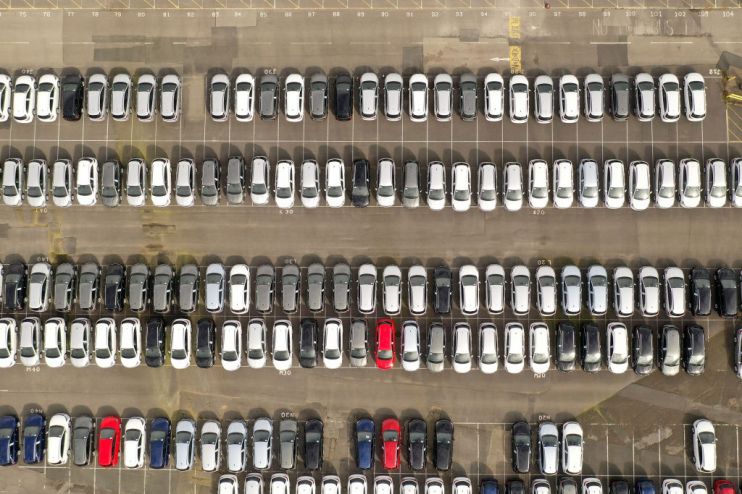March car production falls to lowest in 24 years as markets feel supply chain squeeze

The UK’s automotive production in March fell to the lowest since 1998 as markets continued to feel the supply chain squeeze.
According to data from the Society of Motor Manufacturers and Traders (SMMT), new car registrations fell by 14.3 per cent to 243,479 units while overall the first quarter of 2021 reported a 1.9 per cent slump.
The industry considered the results massively disappointing, especially given that March is considered the busiest month as buyers are attracted by the new number plates.
“March is typically the biggest month of the year for the new car market, so this performance is deeply disappointing and lays bare the challenges ahead,” said SMMT’s chief executive Mike Hawes.
Initially a byproduct of Covid, the ongoing shortage of semiconductors has become a problem in itself, affecting the sector globally.
The implications of the Ukraine war – increasing energy and fuel costs as well as inflation – exacerbated the situation.
“While demand remains robust, this decline illustrates the severity of the global semiconductor shortage, as manufacturers strive to deliver the latest, lowest emission vehicles to eagerly awaiting customers.”
While large fleets went down 34.4 per cent, private and business registrations grew 8.2 and 20 per cent respectively, as manufacturers prioritised consumers and small businesses.
Despite the ongoing slump in fuel and diesel car production, battery-electric vehicles continued to thrive, with registrations increasing by 78.8 per cent on last year – the highest ever recorded in a month.
“Placing orders now will be beneficial for those looking to take advantage of incentives and lower running costs for electric vehicles, especially as the Ukraine crisis could affect supply still further,” Hawes added.
“With increasing household and business costs, government must do all it can to support consumers so that the growth of electric vehicles can be sustained and the UK’s ambitious net zero timetable delivered.”
Commenting on the results, KPMG’s UK head of automotive Richard Peberdy said: “The rising cost of living poses significant questions about whether consumers will delay, or even curtail, larger investments, such as on a car. The coming months will tell.”